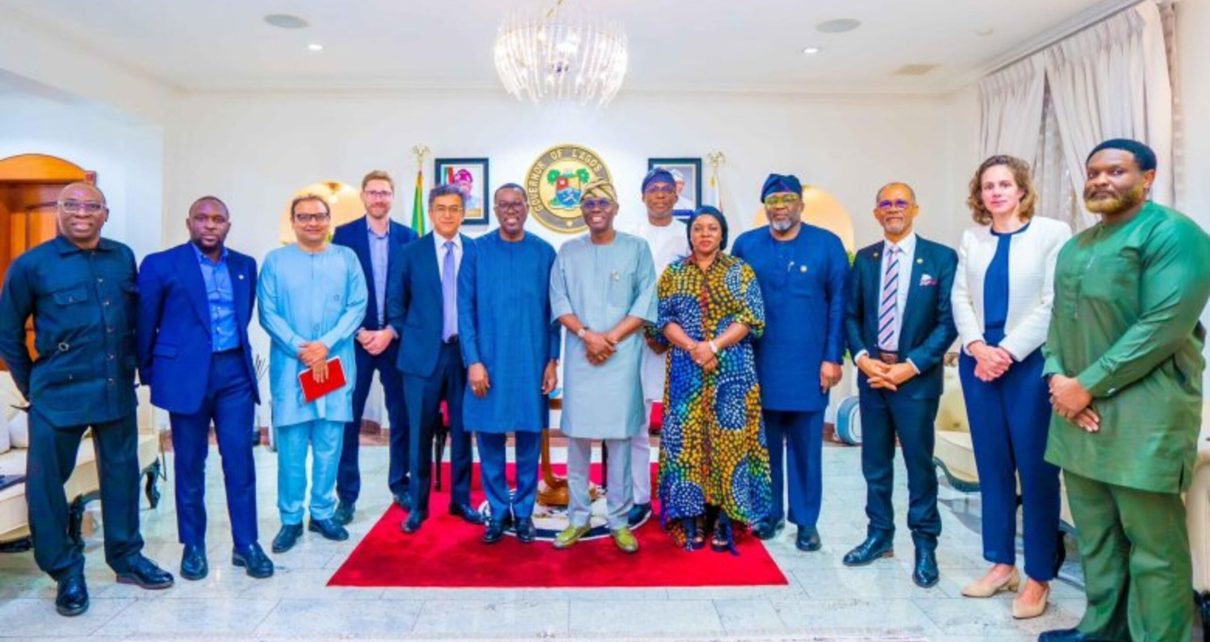Lagos State Governor Babajide Sanwo-Olu has received high praise from the World Bank for the significant transformation his administration has achieved in the state over the past five years. The commendation was delivered by the Bank’s Country Director in Nigeria, Mr. Ndiama Diop, during a courtesy visit to the Governor at the State House in Marina on Tuesday.
“The administration’s successes across various sectors are visible, and they have been strategic moves in catalysing more socio-economic development and growth of the private sector,” Diop said, highlighting the improvements in infrastructure. “The quality of infrastructure has also improved people’s lives significantly. These are commendable achievements, and we can visibly appreciate the impacts of the great efforts.”
The World Bank praised Lagos’ advances, particularly in the transportation sector. Diop noted that the Sanwo-Olu administration has expanded the state’s multimodal transportation capabilities, with notable projects like the intracity rail system and investment in waterways positioning Lagos for even greater economic growth.
“We commend the Lagos State Government under your leadership for successfully transforming the transportation landscape of Lagos, making it a model for modern cities,” Diop added.
In response, Governor Sanwo-Olu expressed his administration’s commitment to maintaining Lagos’ economic growth through infrastructure development and strategic partnerships. He noted that the state’s investment in transportation infrastructure aims to reduce congestion and reliance on fossil fuels.
“Our vision has been driven by the desire to create sustainable economic prosperity for Lagos,” the Governor stated. “Through our clearly articulated THEMES+ agenda, we have been able to intervene in all aspects of governance, especially public transportation, with the intention to move people in predictable time.”
Sanwo-Olu welcomed further collaboration with the World Bank, especially in areas like waste-to-energy projects, job creation, and skill development. He stressed that rapid urbanisation had increased pressure on the state’s infrastructure and economy, requiring continued innovation and investment.



